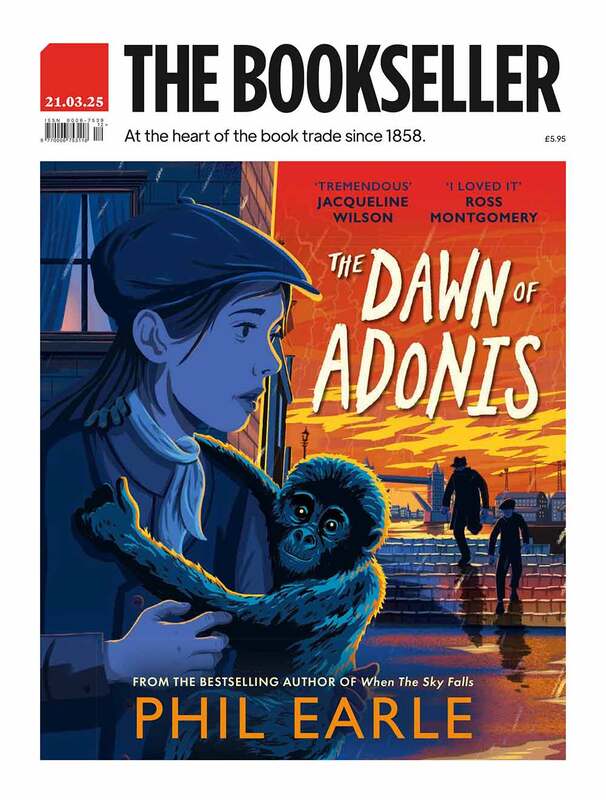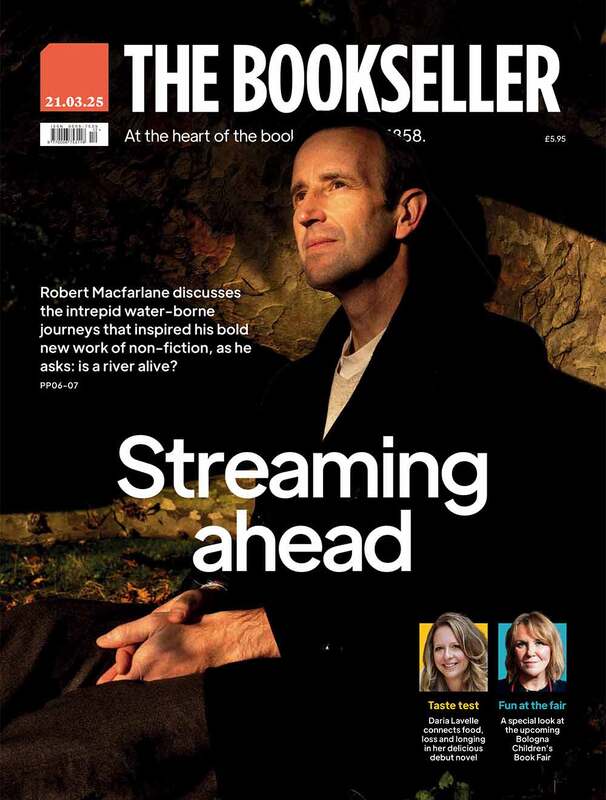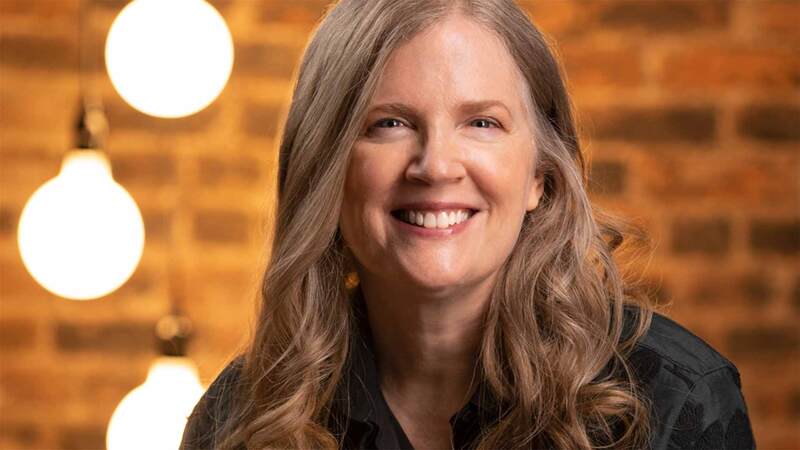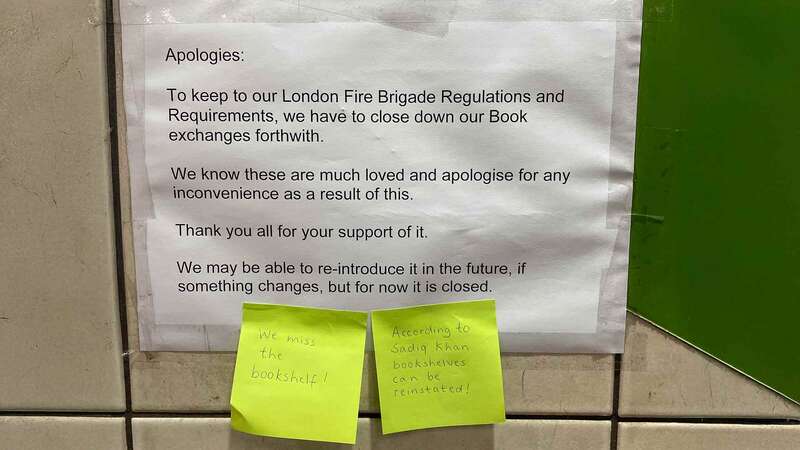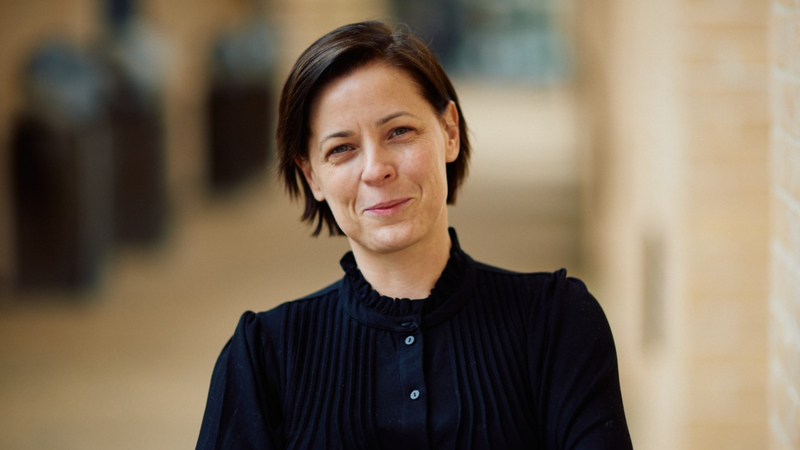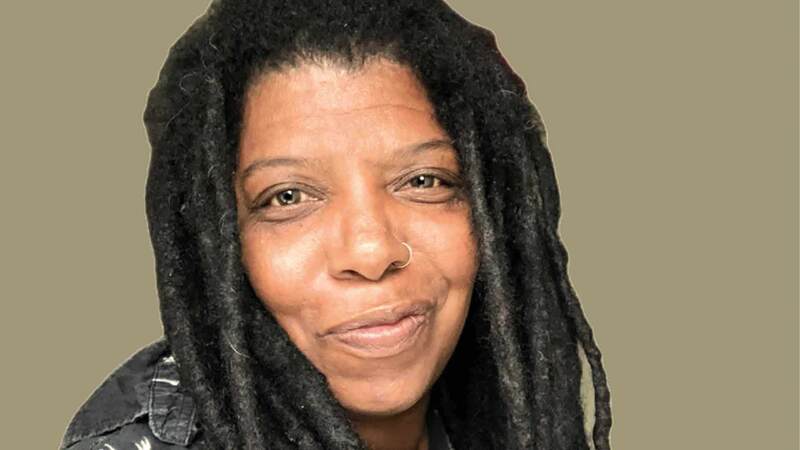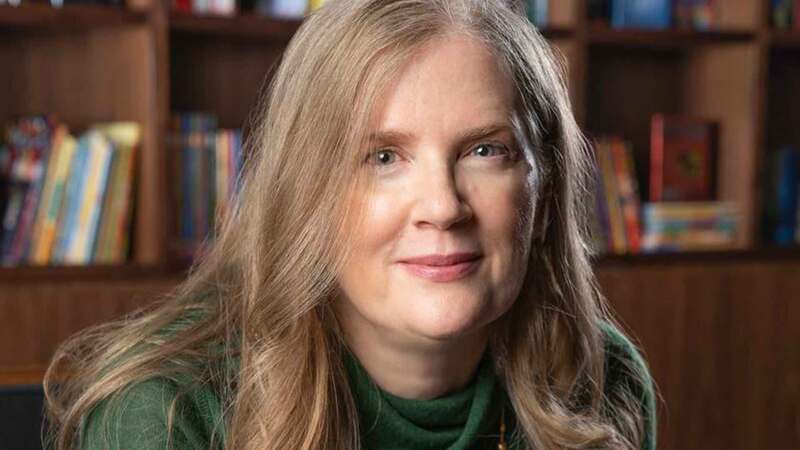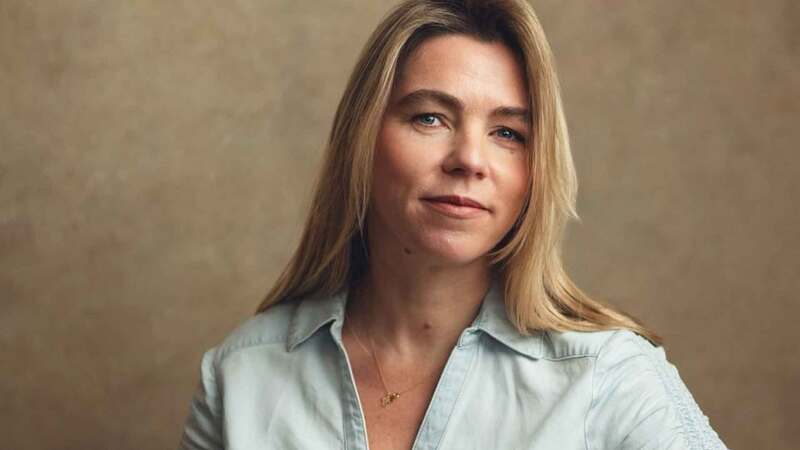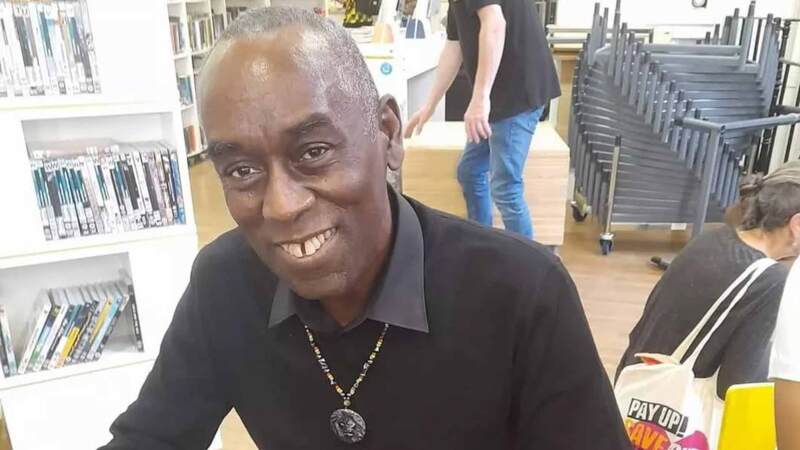You are viewing your 1 free article this month. Login to read more articles.
Two thirds of professional writers earn less than £10k, RSL survey finds
Sixty-seven percent of professional writers earned £10,000 or less in 2018, a Royal Society of Literature poll of more than 2,000 authors has found, with a room of one’s own still viewed as the most important requirement for a writing career 90 years on from Virginia Woolf’s seminal essay.
‘A Room of My Own: What writers need to work today’ launches today (Wednesday 19th June), and examines the state of author earnings and the need for connection across the industry. It is the first time the society has undertaken such research and shows that a writer is almost three times as likely to earn £30,000 or more from work outside of their writing (14% compared to 5%), a statistic labelled “astonishing” by RSL chair Dr Lisa Appignanesi. However non-financial forms of support were seen as more important to sustaining a writing career.
Across a survey of 2,166 respondents, writers said the most significant kinds of support to them were a room of one’s own (80%), followed by peer support (65%) and emotional support (60%). Financial support came in last at 58% in the survey, which was conducted to mark nine decades since the publication of Woolf’s essay, 'A Room of One's Own'.
When identifying challenges at the beginning of their career, writers cited a lack of money (68%) and lack of time (67%) as the biggest barriers. Beyond this, 54% identified lack of confidence in their ability as a challenge and 53% identified lack of information about financial support available to them as a challenge.
The 40-page report cited the “vast majority of authors do not earn the income that Woof argued a writer needs [in 'A Room of One's Own']: £500 a year, equivalent to just over £30,000 in 2019”. The research showed that more than two-thirds (67%) of writers (who earned anything from their writing in 2018) earned £10,000 or less. In regards to the top earning authors, only 5% earned more than £30,000 from their writing last year. (The RSL sought views from writers working professionally as well as aspiring authors and so the report also features views from those who do not earn money from their writing.)
In regards to diversity, pay gaps in relation to social class identity, gender identity, ethnicity and geographic region were reported as “greater in a writing career than in employment outside it”. A quarter of respondents identified as working class, but they make up only 11% of the highest earners from writing (earning over £30,000 from writing last year). In terms of ethnicity, around one in eight (13%) identified as being from Black, Asian and Minority Ethnic (BAME) backgrounds, but are only 9% of the highest earners from writing. Almost three-quarters (72%) identified as female and made up 57% of the highest earners from writing. By comparison, respondents identifying as male comprised 25% of overall respondents but made up 41% of those with the highest incomes from writing. In regards to geographical regions, two-thirds (66%) of the highest earners lived in London or the South of England.
Where class was concerned, some of the results echo the findings of The Bookseller’s Class survey published in February which showed that 80% of respondents in the publishing industry who see themselves as working class feel their background has adversely affected their career.
In terms of social class, 54% of respondents to the RSL research described themselves as middle class, compared to a quarter (25%) reporting as working class. “Many writers addressed the dissonance of their upbringings and backgrounds with their current positions, particularly in relation to their interaction with literature as an industry,” the report reads. “These writers told us that – despite their changed circumstances – their upbringings continued to inform their lives and decisions.”
Asked for the piece of advice that encourages them to pursue a career in writing, the most common were to persist through rejection, and that their voices are important.
Dr Lisa Appignanesi, chair of the RSL, wrote in the report’s introduction: “Virginia Woolf famously called for ‘a room of one’s own’ and £500 a year (equivalent to just over £30,000 at today’s rates). Yet only an astonishingly small 5% of writers earn over £30,000 a year. They may rarely sustain even that regularly throughout a working life.
She wrote of the findings, which were released days before the society’s annual intake of fellows: “It may well be that the RSL’s place as a fellowship of writers is more crucial than ever before as we approach our 200th year.”
Appignanesi told The Bookseller that the emphasis on non-monetary support surprised her. “The most striking thing for me… is the emphasis on writers who are wanting and needing fellowship and support of other writers. This is interesting. We always think of writers as people who revel in their loneliness and separateness.” She spoke of how the virtual world and accompanying “disembodiment” led to more of a need for connection and for writers to find refuge in friendship groups or informal mentoring. She added: “It is so crucial that they earn enough to survive, that writers are paid, but the thing that is new information is the need for support.”
“It made me think that the Society now has a renewed sense of purpose.”
Appignanesi does however believe there is space for reform when it comes to writers’ earnings. “Perhaps publishers who pay huge advances – I’ve been lucky with this as have others – but perhaps they could consider a living wage for young writers if they believe in their future work.”
The Audience Agency collected and analysed the data arising from the survey. It was funded by the Authors’ Licensing and Collecting Society (ALCS) and involved consultation with a number of trade bodies including Arts Council England, the Scottish book Trust and The Literary Consultancy.

